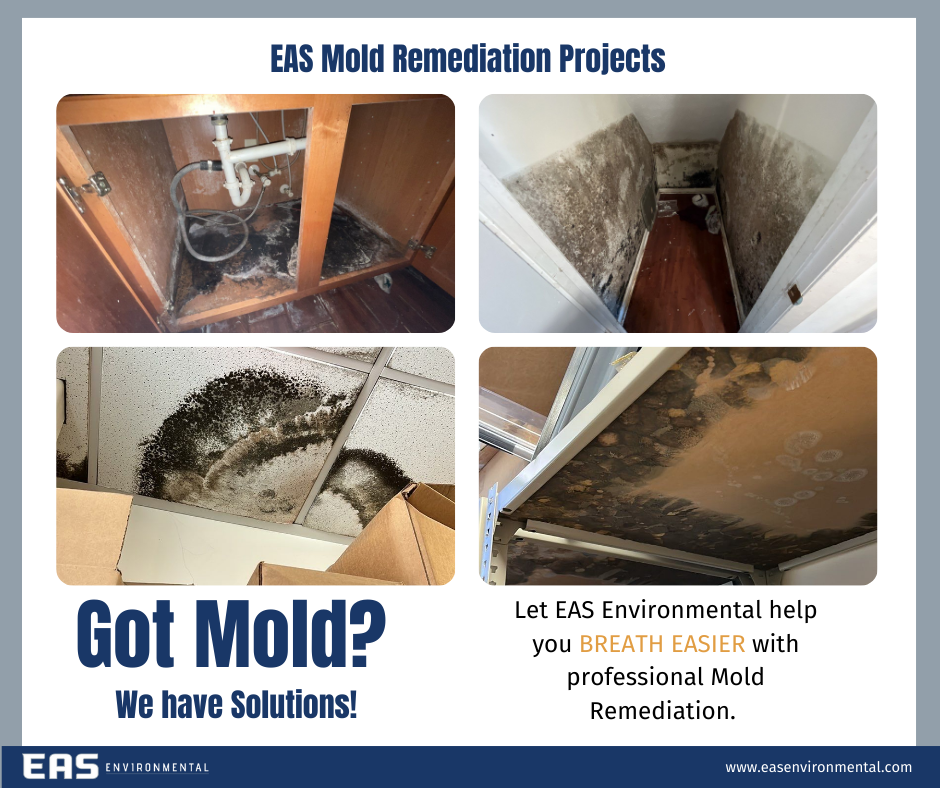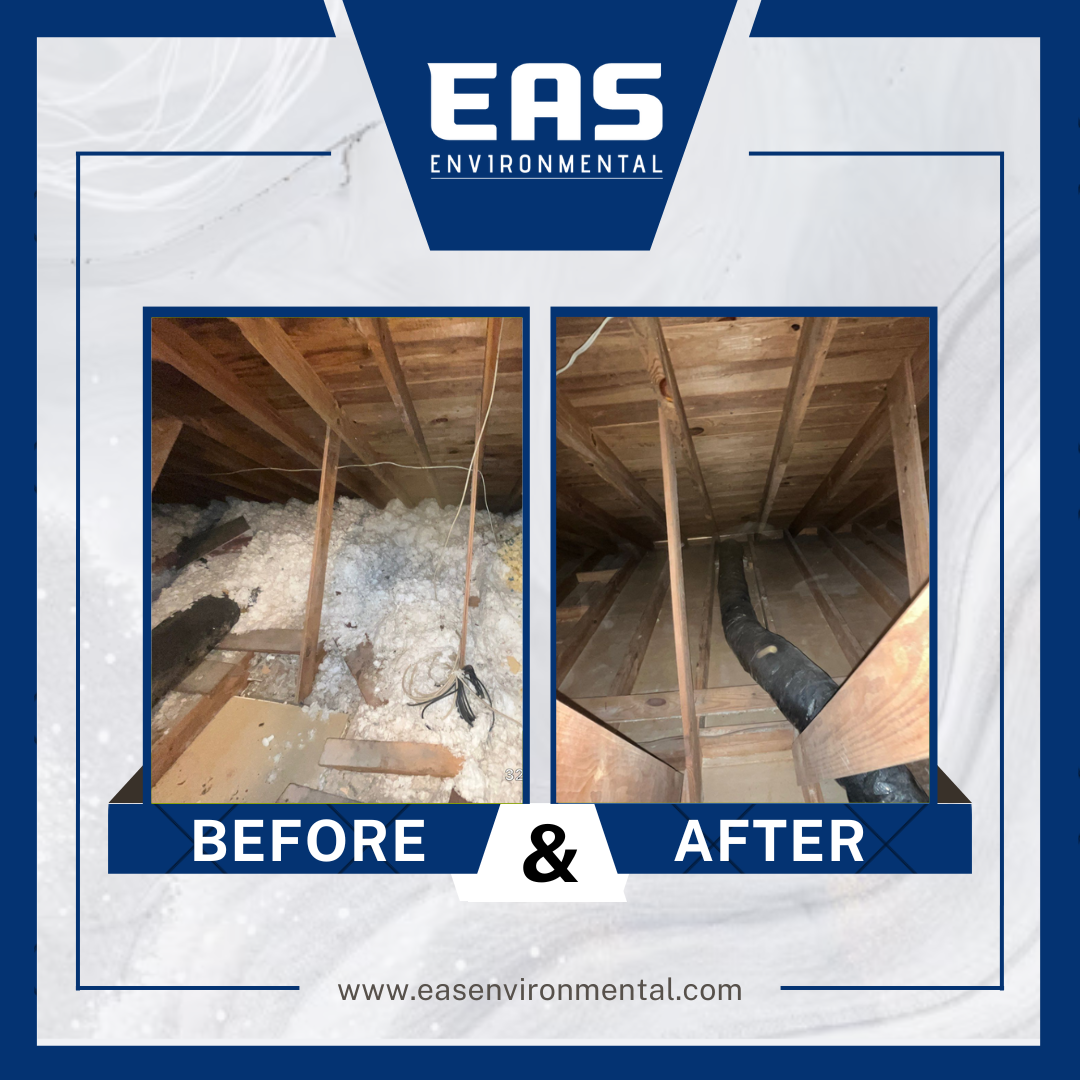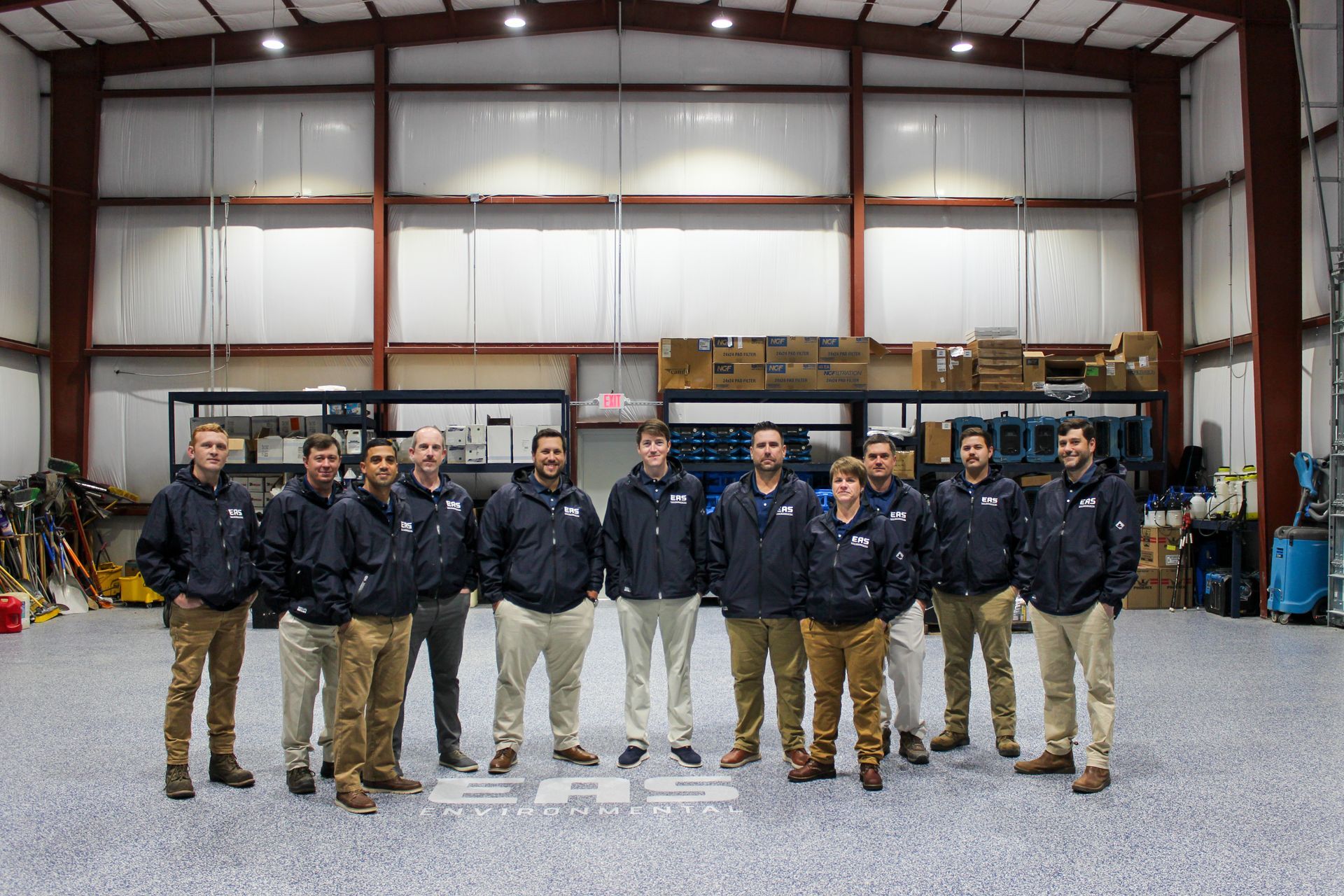
Welcome to our latest blog post on "Choosing Wisely: Selecting the Best Insulation for Your Crawl Space." When it comes to optimizing your home's energy efficiency, comfort, and overall health, the insulation you choose for your crawl space plays a pivotal role. In this article, we'll guide you through the essential considerations and factors to help you make an informed decision on the best insulation type that aligns with your crawl space's unique needs.
Factors to Consider When Choosing Crawl Space Insulation
Selecting the right insulation for your crawl space is a decision that warrants careful consideration, as it can significantly impact your home's comfort and energy efficiency. One of the primary factors to weigh is the moisture level in your crawl space. If your crawl space tends to be damp, choosing moisture-resistant insulation materials like rigid foam or closed-cell spray foam can help prevent mold and mildew growth while maintaining effective insulation.
Another crucial factor is the presence of pests or critters in your area. If your crawl space is susceptible to infestations, insulation like fiberglass or cellulose might not be the best options, as they can attract rodents and insects. Instead,
opt for materials like foam-based insulations that are less inviting to pests. Additionally, consider the insulation's R-value, which measures its thermal resistance. Crawl spaces located in colder climates may require higher R-value insulation to effectively regulate indoor temperatures. By carefully evaluating these factors and consulting with insulation professionals, you can make an informed choice that leads to a well-insulated and comfortable home.
Types of Insulation for Crawl Spaces: Which Is the Best Fit?
When it comes to insulating your crawl space, a variety of insulation types are available, each with its own strengths and suitability for different scenarios. One common choice is fiberglass insulation, which is cost-effective and widely used. However, it might not be the best fit for crawl spaces prone to moisture, as it can absorb water and lose its effectiveness over time.
If moisture is a concern, rigid foam insulation emerges as a strong contender. This type of insulation is moisture-resistant and durable, making it well-suited for crawl spaces with damp conditions. It also provides an effective thermal barrier that helps regulate indoor temperatures. Another option is spray foam insulation, known for its excellent coverage and ability to seal gaps effectively, creating an airtight barrier. However, professional installation is essential for spray foam insulation to ensure its proper application and ventilation. By understanding the attributes of these insulation types and considering your crawl space's unique characteristics, you can determine which insulation is the best fit to create a more energy-efficient and comfortable home environment.
Expert Tips for Selecting the Best Crawl Space Insulation
Selecting the ideal insulation for your crawl space is a decision that can greatly influence your home's energy efficiency and overall comfort. To help you navigate this process like an expert, consider these valuable tips that will guide you toward choosing the best crawl space insulation for your specific needs.
Firstly, thoroughly assess your crawl space's conditions. Factors such as moisture levels, local climate, and the presence of pests will play a significant role in determining the most suitable insulation type. For moisture-prone crawl spaces, moisture-resistant materials like closed-cell spray foam or rigid foam insulation are recommended. Next, consider the insulation's R-value in relation to your region's climate. Colder climates require higher R-value insulation to effectively combat heat loss. Additionally, consult with insulation professionals to receive personalized recommendations tailored to your home's unique characteristics. By leveraging these expert tips and conducting thorough research, you can confidently choose crawl space insulation that optimizes energy efficiency and ensures year-round comfort.
FAQs
-
What factors should I consider when selecting crawl space insulation?
Choosing the best insulation for your crawl space involves evaluating factors such as moisture levels, local climate, the presence of pests, and your desired level of energy efficiency. These factors will guide you toward insulation materials that can effectively address the unique conditions of your crawl space.
-
What insulation materials are suitable for crawl spaces prone to moisture?
Crawl spaces with high moisture levels require insulation materials that are moisture-resistant. Rigid foam insulation and closed-cell spray foam are often recommended in such cases, as they can prevent water absorption and mold growth, ensuring long-term insulation effectiveness.
-
How do I determine the appropriate R-value for my crawl space insulation?
The R-value measures insulation's thermal resistance. To select the right R-value for your crawl space insulation, consider your local climate. Colder regions require higher R-values to effectively retain indoor heat, while warmer areas may need lower R-values.
-
Can I install crawl space insulation myself, or should I hire professionals?
While some homeowners may have the skills to install insulation themselves, hiring professionals is often recommended. Proper installation involves sealing gaps, ensuring proper ventilation, and addressing potential moisture issues. Professionals can assess your crawl space's unique needs and install insulation correctly for optimal performance.
-
How can I ensure I'm making the right insulation choice for my crawl space?
Consulting with insulation experts is a smart step to ensure you're making an informed decision. Professionals can offer personalized recommendations based on your crawl space's characteristics and your energy efficiency goals, helping you select the insulation that best suits your needs.
Contact EAS Environmental Today!
EAS Environmental will do everything we can to ensure your experience with us is excellent.
Request A FREE Estimate
Request a Free Estimate Form
We will get back to you as soon as possible.
Please try again later.
Checkout Recent Post



Got a Question? We’re Here to Help.
You can arrange an appointment or make an enquiry by phone or email, orget in touch to us via our contact form.
EAS Environmental is a specialty asbestos and lead abatement and demolition company that service the state of South Carolina.
CONTACT INFORMATION
Phone: 843-977-3273
Email: sturner@easenvironmental.com
Address: 125 Bud Lane Ladson, SC 29486
All Rights Reserved | EAS Environment
Privacy Policy | Terms & Conditions | Sitemap


